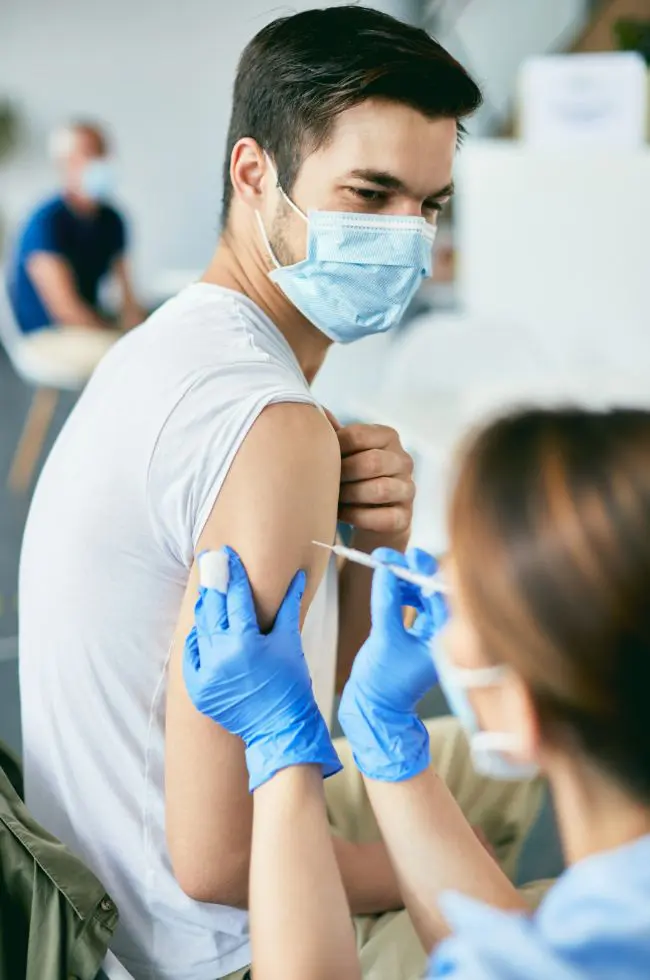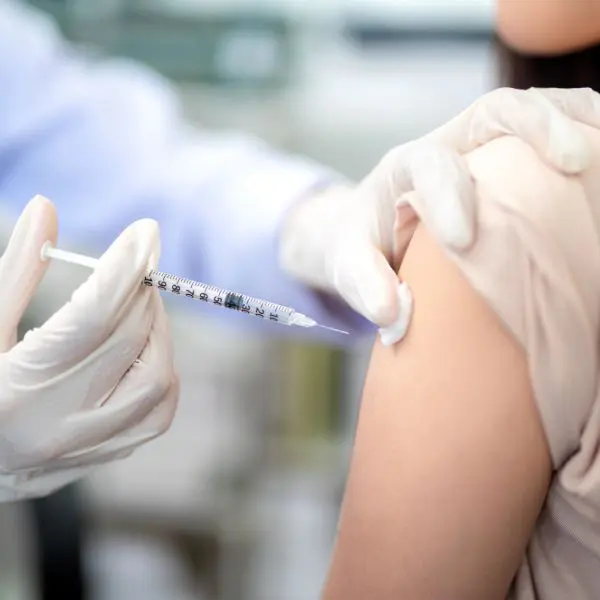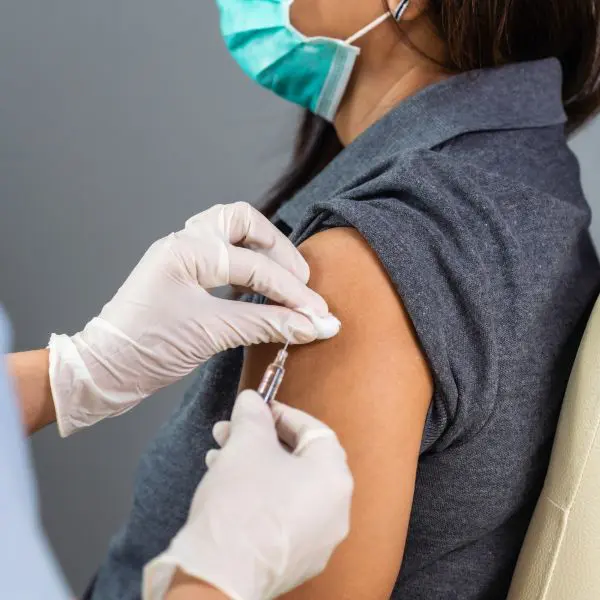
News
COVID-19 vaccine nodules – managing complications
Winter is coming, and with many people starting to get their Covid-19 boosters, aesthetic practitioners should be mindful of potential reactions in dermal filler patients.
When fillers go wrong, they often make headlines and during the Covid-19 pandemic, they made the world news after it was reported that patients were getting unwanted side effects after receiving vaccines that utilised both viral vector and mRNA technology
Initially, the Moderna mRNA-1273 vaccine trial reported an incidence rate of facial swelling of 0.02% after receiving the vaccine. Later, similar effects were noted from both the Astra Zeneca and the Pfizer/BioNTech Covid-19 vaccine. The exact mechanism was thought to be due to Type IV hypersensitivity causing foreign body granulomas.
It is already established that Delayed Onset Nodules (DONs) or Delayed Onset Reactions (DORs) can occur weeks, months or even years after a patient has had dermal fillers. This can be triggered by anything from viral illnesses to bacterial infections or even dental procedures. It then follows that any type of vaccination has the potential to activate an immune reaction in a foreign body implant

Other types of vaccinations, not just the Covid-19 vaccine, can (and do) also cause a response, but it is thought the increased number of filler-related reactions was due to the fact the entire adult population was being vaccinated against Covid-19 whereas other vaccines are often limited to vulnerable or older groups.
This promoted the Aesthetics Complications Expert Group to publish guidance entitled: The Impact of SARS-CoV-2 Vaccination and Infection on Soft Tissue Fillers, guidance that it is worth familiarising yourself with in order to minimise the risk of vaccine-related complications and in order to know how to manage them if they do occur.
Although reported cases of nodule formation post-vaccine were low, what this highlights is the importance of fillers being performed by appropriately qualified and trained medical practitioners who are equipped to prescribe and administer interventions on the rare occasions things go wrong.
One of the best ways to ensure your knowledge of anatomy, your understanding of how to prevent and manage complications and your provision of injectables are to the highest standards is to study for an accredited Level 7 qualification.

The Interface Aesthetics Level 7 Diploma in Injectables is an OFQUAL-regulated qualification suitable for both experienced healthcare professionals and those who are new to the field of non-surgical aesthetics. Its predecessor, the Level 7 Diploma, was introduced in response to Health Education England (HEE) recommendations derived from the findings of the Keogh report, which as commissioned by the government to look into standards and regulation within the aesthetics industry.
At Interface Aesthetics, we are one of just a handful of approved and accredited training providers in the UK offering this post-graduate diploma qualification.
Click here to find out more about the Interface Aesthetics Level 7 Diploma in Injectables.
